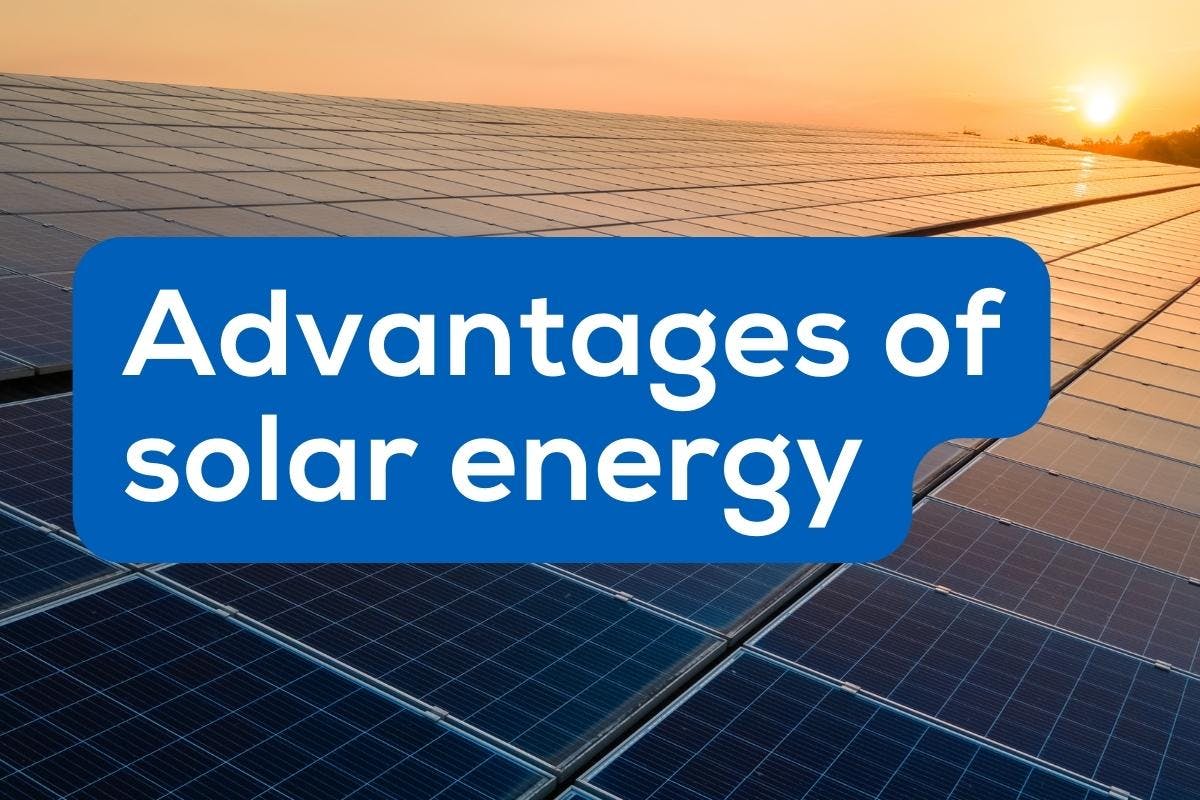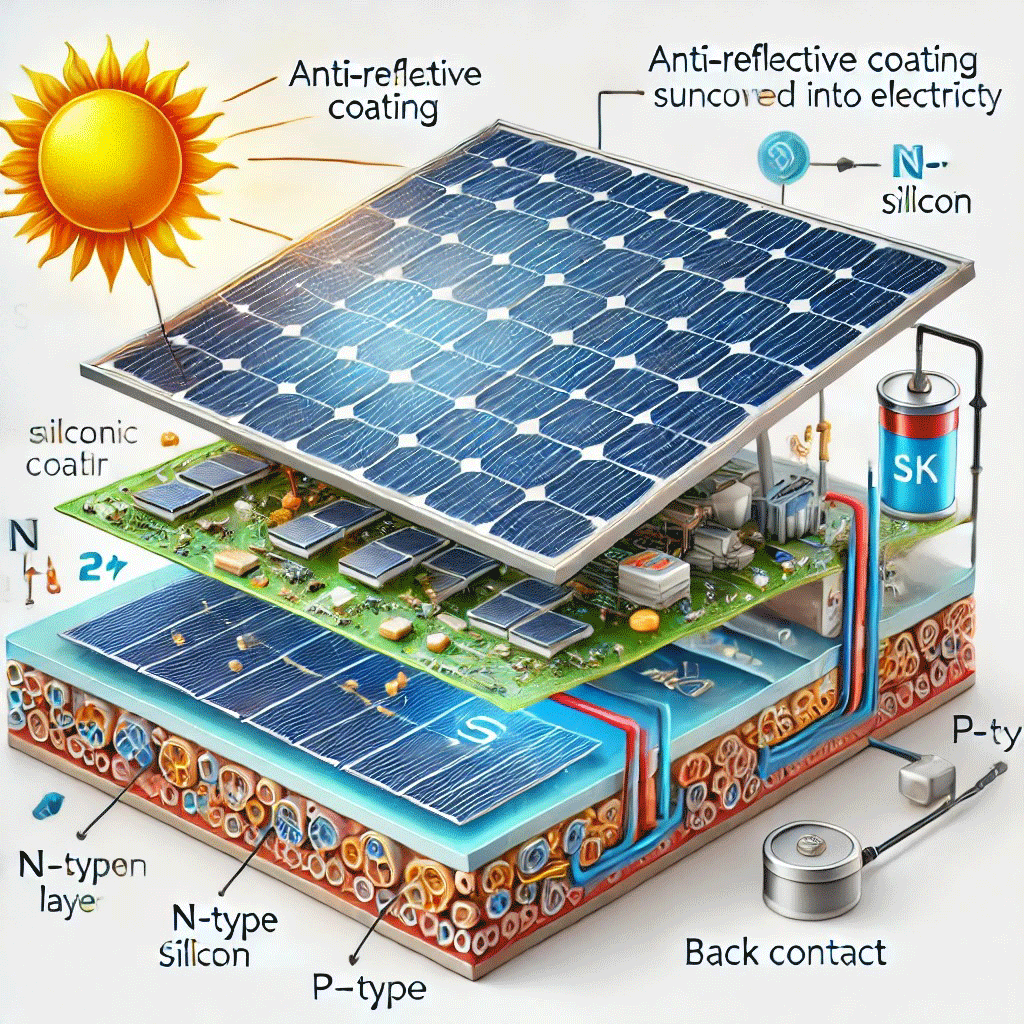Find Cost-Effective Solar Solutions with Simply Solar Illinois for Residential Needs
Find Cost-Effective Solar Solutions with Simply Solar Illinois for Residential Needs
Blog Article
Just How Solar Power Can Aid You Conserve Cash and Lower Your Carbon Footprint
The assimilation of solar power into your energy portfolio provides an engaging opportunity for both financial cost savings and ecological stewardship. As various government rewards become offered, the inquiry develops: how can one successfully browse the initial financial investments and recurring benefits of solar technology to make best use of both economic and ecological gains?
Recognizing Solar Power Cost Savings
While the shift to solar energy typically entails a first financial investment, understanding solar energy savings is crucial for home owners and organizations alike. Solar energy systems can considerably minimize electrical power expenses by using the sun's energy, converting into significant lasting economic advantages. By generating their very own electrical power, customers reduce reliance on grid power, which is subject to changing rates. These savings can collect with time, typically leading to a rapid return on investment.
Additionally, solar energy systems may get approved for different economic rewards, including tax obligation credits and discounts, additionally improving their cost-effectiveness. The schedule of web metering enables individuals to market excess power back to the grid, developing an added earnings stream. These elements add to the general cost savings related to solar power.

Along with direct financial savings, solar power supplies the added advantage of boosting home worth. Homes equipped with photovoltaic panels are often more eye-catching to purchasers, as they assure reduced power prices - Simply Solar Illinois. Comprehending these aspects is necessary for anyone considering solar energy, as it highlights not simply the possible economic gains, yet also the broader ecological and economic advantages of taking on renewable resource services
First Expenses vs. Long-Term Benefits
When assessing solar power, it is very important to weigh the first expenses versus the lasting benefits. The in advance financial investment for solar panels, setup, and associated devices can be substantial, typically varying from $15,000 to $30,000, depending on the system size and home energy needs. This preliminary expenditure might deter some property owners; nonetheless, it is crucial to take into consideration the potential financial savings gradually.
As soon as set up, solar energy systems can dramatically reduce or even remove monthly electrical power bills, resulting in considerable lasting economic advantages. Studies show that house owners can conserve anywhere from $10,000 to $30,000 over the life expectancy of their solar system, commonly 25 years. In addition, lots of states supply rewards, tax obligation credit scores, and rebates that can offset first prices, making solar much more easily accessible.

Lowering Your Carbon Footprint
Lowering your carbon footprint is a crucial consideration in today's eco aware culture, and embracing solar energy is one of the most effective strategies to attain this goal. Solar power is a clean, eco-friendly resource that significantly decreases dependence on fossil gas, which are significant factors to greenhouse gas exhausts.

Moreover, the prevalent fostering of solar modern technology motivates the growth of green jobs and supports innovations in power storage space and efficiency. The even more individuals and organizations purchase solar power, the higher the collective reduction in carbon emissions, promoting a cleaner ambience for Discover More Here future generations.
Federal Government Motivations and Rebates
Taking on solar energy not only profits the setting however can additionally bring about substantial economic savings, specifically with the accessibility of federal government rewards and refunds. Numerous government, state, and regional programs are designed to encourage property owners and companies to buy solar power systems, making the change much more budget-friendly.
One of one of the most popular incentives is the Federal Financial Investment Tax Credit Rating (ITC), which enables solar system owners to deduct a significant percentage of the setup expenses from their federal tax obligations. This reward has been critical in lowering the upfront expenditures connected with solar power systems. Furthermore, numerous states use their very own tax debts, grants, and discounts that can even more enhance cost savings.
Furthermore, some regional federal governments supply Bonuses property tax obligation exceptions for solar installations, making sure that property owners do not deal with increased real estate tax as a result of their renewable resource investments. Energy business might additionally supply incentives, consisting of internet metering and feed-in tariffs, which allow solar power customers to offer excess power back click over here now to the grid.
Picking the Right Solar System
Selecting the suitable solar system is essential for optimizing energy effectiveness and financial advantages. The choice pivots on a number of factors, consisting of energy needs, spending plan, and readily available room. House owners should start by evaluating their electricity usage to establish the system dimension required for ideal performance.
Next, think about the different types of solar modern technologies available. Simply Solar Illinois. Photovoltaic Or Pv (PV) panels are the most usual, converting sunshine straight into power, while solar thermal systems focus on home heating water. Each kind has unique benefits depending upon individual demands
Spending plan considerations are also paramount. Preliminary installation prices can vary dramatically, so it is very important to compare quotes from several service providers and explore funding alternatives. Government incentives and refunds can better reduce the economic burden, making solar systems a lot more easily accessible.
Final Thought
The ecological benefits of solar energy add to lasting methods important for combating climate adjustment. Federal government rewards enhance the usefulness of solar modern technology adoption, urging a change towards a cleaner, a lot more economically effective energy resource.
Report this page